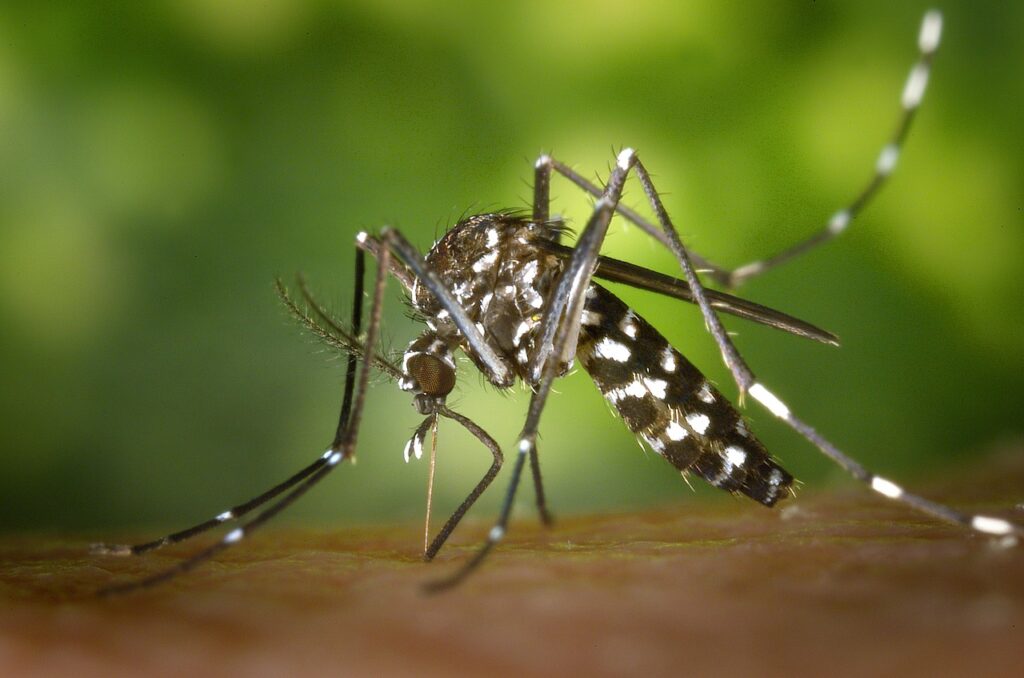A new study led by Harvard T.H. Chan School of Public Health has revealed that an additional feeding on human blood by a mosquito infected with Plasmodium falciparum (the parasite that causes malaria) can speed up the development of the parasite and increase the potential for transmission to humans.
Authors said that the research showed the potential for malaria transmission is likely higher than previously thought given that female mosquitoes naturally feed multiple times during their lifespans. As a result of which eliminating the disease in high-burden areas across sub-Saharan Africa could be more difficult than estimated.
Co-lead author W. Robert Shaw said in a press release on December 31st 2020 that they wanted to bring to light the fact that in endemic regions these malaria-transmitting mosquitoes are feeding on blood roughly every 2-3 days. Shaw, a research scientist in the Department of Immunology and Infectious Diseases, added that the study reveals that such natural behaviour promotes the transmission potential of malaria parasites in unappreciated ways.
Other Harvard Chan School researchers who contributed to the study include Maurice Itoe, Kristine Werling, Meghan Marquette, Douglas Paton, Naresh Singh, and Caroline Buckee . Flaminia Catteruccia, professor of immunology and infectious diseases, was a corresponding author of the study.
Journal Reference:
W. Robert Shaw, Inga E. Holmdahl, Maurice A. Itoe, Kristine Werling, Meghan Marquette, Douglas G. Paton, Naresh Singh, Caroline O. Buckee, Lauren M. Childs, Flaminia Catteruccia Multiple blood-feeding in mosquitoes shortens the Plasmodium falciparum incubation period and increases malaria transmission potential PLOS Pathogens (December 31, 2020) DOI: 10.1371/journal.ppat.1009131
Press Release: Harvard T.H. Chan School of Public Health

